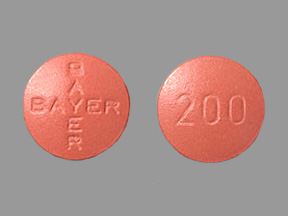India’s Intellectual Property Appellate Board is hearing Bayer’s appeal to the government’s compulsory license for patents on the drug Sorafenib (sold under the brand name Nexavar by Bayer). This medicine is used to treat kidney and liver cancer. The branded drug costs 2,800,000 rupees (USD 5,214) per patient per month and the generic costs 8,880 rupees (USD 165) per patient per month (USD prices based on today’s exchange rate). The compulsory license was issued under Section 84 of the Patents Act, on the grounds that the invention was “not available to the public at a reasonably affordable price,” and therefore not reasonably worked in India.
The original text of the compulsory license is here.
According to the Don’t Trade Our Lives Away blog, “Bayer cited its access programme as an effort by the company to make the drug available to patients in India”- but even if a patient qualifies for the access program (and it is unclear how one qualifies), the price is still unaffordable, at roughly 4.5 times the price offered by generics.
Bayer also argued that the compulsory license is preventing it from recouping about 2 billion Euro in sunk R&D costs. However, James Love testified and submitted an affidavit pointing out that the estimate is based on general industry data and shaky assumptions (See his blog here for more on Nexaver R&D costs).
The Indian trade press reports that arguments should conclude tomorrow.





